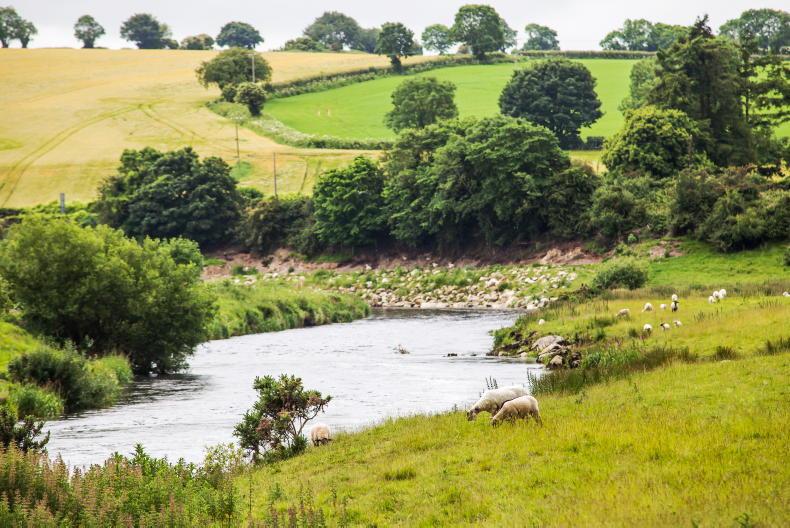Some 50 Irish farmers have contributed to a new handbook that outlines practical tips on sustainable farming.
The Farming for Nature handbook shares farmers’ experiences of how working with nature can help reduce costs and improve incomes.
The book shows farmers how to manage land in a way that enhances habitats, increases wildlife and harnesses natural processes while protecting livelihoods, food security and profiles.
The book was conceived and developed by Brigid Barry, researched and mainly written by conservation ecologist Dr Emma Hart on behalf of Farming For Nature and co-edited by Dr Brendan Dunford of the Burrenbeo Trust.
The book has been described by President Michael D Higgins as “a timely and essential contribution to the ongoing discourse on how we, as a society, must respond to some of the most pressing challenges of our time”.
The handbook, published by Dingle Publishing, will be launched on 28 November, costing €30. It is available to order (and pre-order now) at www.farmingfornature.ie.
Farming For Nature manager and co-founder Brigid Barry said: “There is a massive gap in the market for this book - an easy-to-access toolkit to help tackle the biodiversity and climate crises.
"We hope it gets into every jeep and tractor in the countryside to guide farmers in these tricky times. Many farmers start by making small changes. Then, as they join a like-minded community and begin to experience the value of nature returning to their farms, they don’t look back. Nature unleashes your land's full potential.”
Farming for Nature co-founder Dr Brendan Dunford explained how two-thirds of the countryside is owned and managed by farmers.
"We view these farmers as potentially a huge resource in addressing the biodiversity crisis that Ireland faces today. This has seen declines in most of our habitats and species - for instance, it’s estimated that we’ve lost 30% of our semi-natural grasslands in only one decade," he said.
Conservation scientist and co-author Dr Emma Hart added that at a time of profound loss - of clean water, healthy soil, and our native wildlife - the Farming For Nature handbook shows how farmers can take charge of the health and vitality of the landscapes.
The book was supported financially by the National Parks and Wildlife Service, the Department of Agriculture and the Lifes2Good Foundation.







 This is a subscriber-only article
This is a subscriber-only article










SHARING OPTIONS: